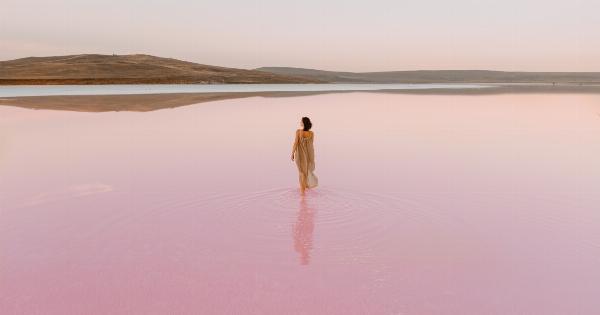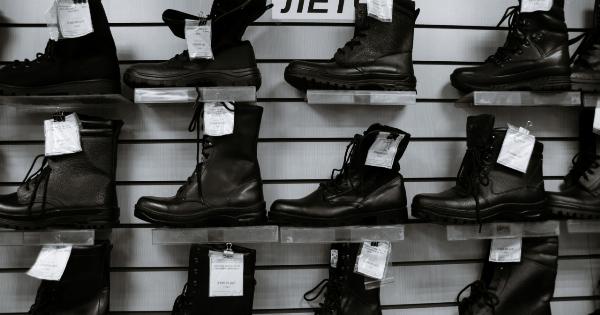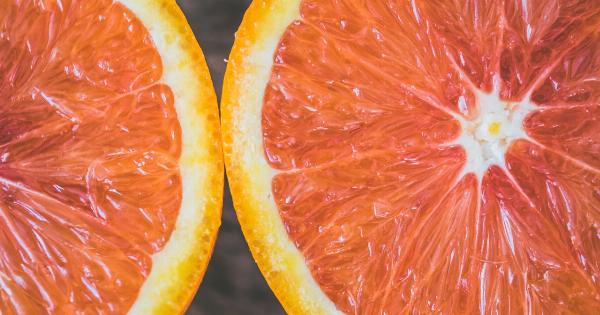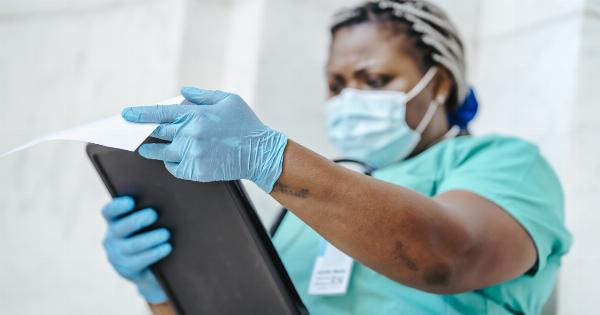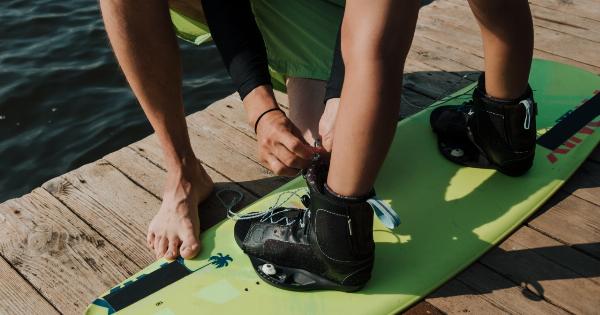Water is essential for life, and we often hear about the importance of staying hydrated. However, there are certain situations where water can be harmful or even dangerous.
While water is generally safe and beneficial, it’s essential to be aware of when it might not be your friend. In this article, we will explore five examples of situations when you should avoid water.
1. During a Meal
Many people have a habit of drinking water during their meals. While it may seem harmless, drinking water with your meals can actually hinder digestion.
Water dilutes the natural digestive enzymes in your stomach, making it harder for your body to break down the food properly. This can lead to discomfort, bloating, and even nutrient deficiencies. Therefore, it’s advisable to avoid drinking water at least 30 minutes before and after meals to aid in optimal digestion.
2. When Exercising Vigorously
Staying hydrated during exercise is crucial, but consuming too much water, especially during intense workouts, can be dangerous.
Overhydration, also known as water intoxication, can occur when you drink excessive amounts of water without replenishing electrolytes. This can lead to an imbalance of electrolytes in the body, resulting in symptoms such as nausea, headache, confusion, and even seizures.
It’s important to drink enough water to stay hydrated while exercising, but also be mindful of electrolyte balance by consuming fluids that contain electrolytes.
3. When Dealing with a Burns or Scalds
When you suffer from a burn or scald, the instinctive response may be to apply cold water to the affected area to soothe the pain. However, this can actually worsen the injury. Cold water can constrict blood vessels and delay the healing process.
Instead, you should initially run the burned area under cool (not cold) water for around 10-20 minutes. This will help reduce the heat and prevent the burn from spreading. If the burn is severe, seek medical assistance immediately.
4. During a Thunderstorm
While rainwater itself is harmless, it can become hazardous during thunderstorms. Lightning can travel through water, and being outdoors during a storm significantly increases your risk of being struck by lightning.
Therefore, it is crucial to seek shelter indoors during thunderstorms and avoid any contact with water, such as swimming, bathing, or even using electronic devices that are not properly grounded.
5. When Facing a Water Shortage
In certain situations, such as water shortages or emergencies, it is essential to conserve water. While consuming water is crucial for survival, there are alternative ways to meet your hydration needs without wasting excessive amounts.
Consider opting for foods with high water content, such as fruits and vegetables. Additionally, be mindful of using water sparingly for activities like bathing, cleaning, or watering plants during shortages or crises.
Conclusion
Water is undoubtedly essential for our well-being, but there are instances when it’s best to approach it with caution.
Whether for the sake of digestion, exercise, burns, thunderstorms, or water shortages, being aware of when to avoid water can help protect your health and safety. By understanding these situations, you can make informed choices and ensure that water remains a true friend to your overall well-being.

